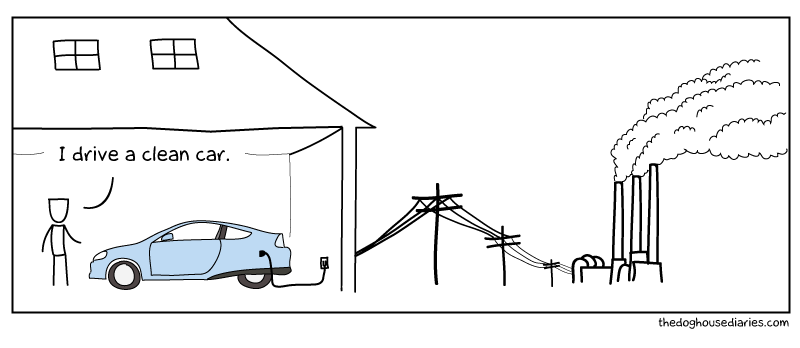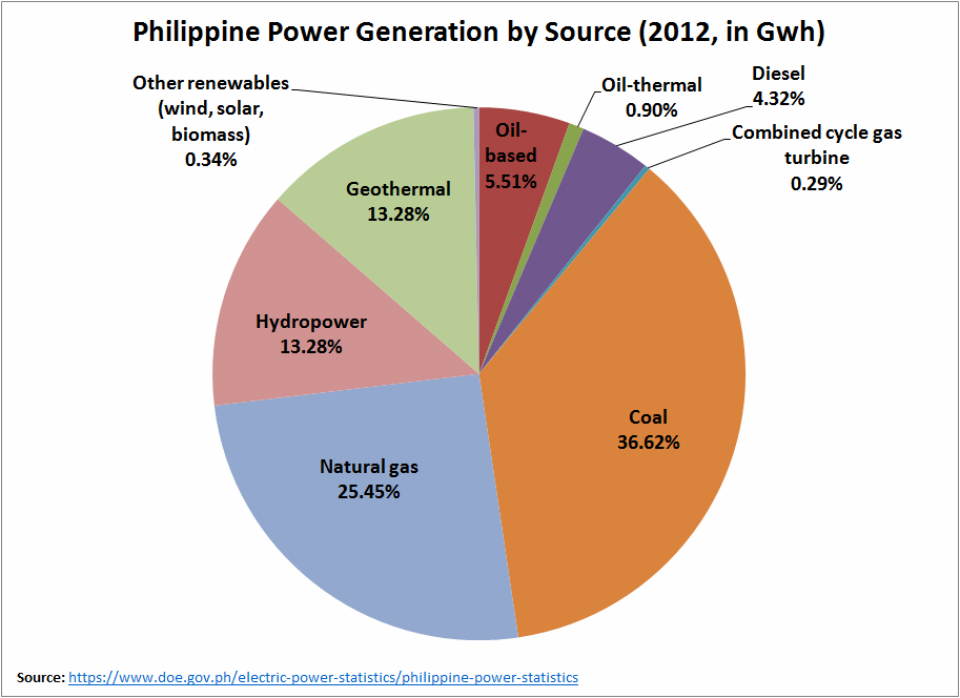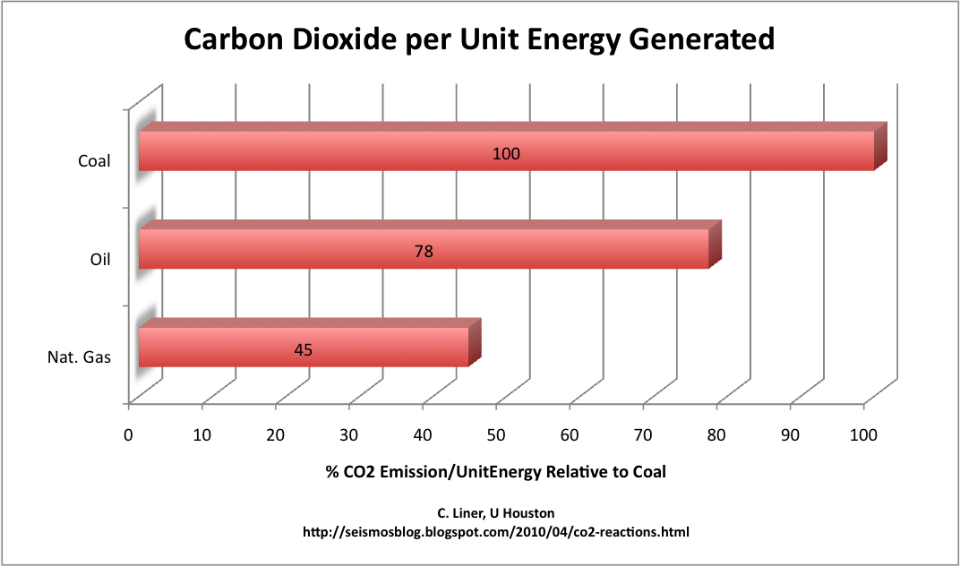Filtered By: Scitech
SciTech
Why electric vehicles won't save the Philippines
By MACY AÑONUEVO
Electric vehicles are gaining in prominence locally, with no less than US President Barack Obama trying out the COMET (City Optimized Managed Electric Transport) e-jeepney during his brief visit to the Philippines.
Thirty COMETs are scheduled to start plying the North Avenue-Monumento route by the end of May 2014. The Department of Energy (DOE) will be given Php 505.6 million to purchase and distribute 10,000 electric tricycles by 2017.
Moreover, such "e-vehicles" are widely touted as the answer for a country where road transportation accounts for 50% of total air pollution. After all, they also don't produce carbon dioxide emissions, an especially important point as the increased production of carbon dioxide is the primary cause of anthropogenic climate change.
Moreover, such "e-vehicles" are widely touted as the answer for a country where road transportation accounts for 50% of total air pollution. After all, they also don't produce carbon dioxide emissions, an especially important point as the increased production of carbon dioxide is the primary cause of anthropogenic climate change.
Seeing the bigger picture
However, while these reasons are technically correct, the promotion of e-vehicles per se without regard for the bigger picture is woefully shortsighted and borderline irresponsible.
We have to dispel the popular notion of electricity is as a kind of fuel, because it's not. Electricity is actually a secondary energy source, generated from some other source. It's therefore only as "green" as the primary energy source from which it's derived.
Consider these points:
1. Electricity comes from sources that aren't necessarily 'green'

The environment-friendliness of an electric vehicle is only as good as where it gets its electricity from. By burning coal and natural gas to generate the electricity needed to power electric vehicles, we are just moving the emissions from the road to the power plant.
So where will all these electric vehicles on our roads get their electricity from? Here's the answer:
So where will all these electric vehicles on our roads get their electricity from? Here's the answer:
2. The majority of the PHLs’ electricity comes from fossil fuels.

In 2012, the Philippines got 73.1% of its electricity from fossil fuels, primarily from coal (36.62%) and natural gas (25.45%). Renewable energy sources top out at 13.28% each for hydropower and geothermal. Increasing electricity consumption likely means an increase in the use of fossil fuels, especially in the short term.
Assuming that coal remains the top fuel for electricity generation, increasing the power demand through the use of e-vehicles might leave us worse off than before because:
Assuming that coal remains the top fuel for electricity generation, increasing the power demand through the use of e-vehicles might leave us worse off than before because:
3. Coal produces more carbon dioxide per unit of energy output compared to gasoline.

Fossil fuels are not created equal. The “heat content”, or the amount of energy produced when a fuel is burned, is dependent primarily on the carbon and hydrogen content of the fuel. Different fuels have different heat contents. For the same amount of energy produced, coal produces more carbon dioxide compared to gasoline or methane.
Assuming that the e-vehicle charging stations will not be powered by renewable energy (no announcements have been made so far if the charging stations will have solar panels), e-vehicles will potentially produce more carbon dioxide than the diesel counterparts they will be replacing.
But that's not all! Easing our dependence on coal is far more difficult than increasing our reliance on e-vehicles:
Assuming that the e-vehicle charging stations will not be powered by renewable energy (no announcements have been made so far if the charging stations will have solar panels), e-vehicles will potentially produce more carbon dioxide than the diesel counterparts they will be replacing.
But that's not all! Easing our dependence on coal is far more difficult than increasing our reliance on e-vehicles:
4. We will continue to rely on coal and other fossil fuels well into 2030.
As the above video shows, decades of dependence on fossil fuels have resulted in a power supply system that can't simply be overhauled overnight.
Indeed, in spite of our country's efforts to push for "greener" technology, the acceleration of petroleum and coal exploration is very much a part of the Philippine Energy Plan 2012-2030 developed by the DOE. Targets include increasing indigenous coal production by 100%. The Review and Evaluations Committee of the DOE also recommended the approval of new coal operating contracts (COCs) for 18 areas in the Philippines.
At present, solar, wind, and biomass only contribute 0.34% to the Philippines’ total electricity production.
Indeed, in spite of our country's efforts to push for "greener" technology, the acceleration of petroleum and coal exploration is very much a part of the Philippine Energy Plan 2012-2030 developed by the DOE. Targets include increasing indigenous coal production by 100%. The Review and Evaluations Committee of the DOE also recommended the approval of new coal operating contracts (COCs) for 18 areas in the Philippines.
At present, solar, wind, and biomass only contribute 0.34% to the Philippines’ total electricity production.
Renewable energy comes first
In short, e-vehicles decrease the symptoms of the problem but are not the cure in and of themselves: they are very much welcome but they're also part of a much bigger picture. We need to decrease our dependence on fossil fuels in the first place, and seriously shift to renewable energy sources.
Only then can we talk seriously at all about developing more electric vehicles and other electricity-driven technologies. — TJD, GMA News
Macy Añonuevo earned her MS Marine Science degree from the University of the Philippines. She is a published science and travel writer and was a finalist in the 2013 World Responsible Tourism Awards under the Best Photography for Responsible Tourism category. Her writings and photographs may be found at www.theislandergirl.com.
More Videos
Most Popular



